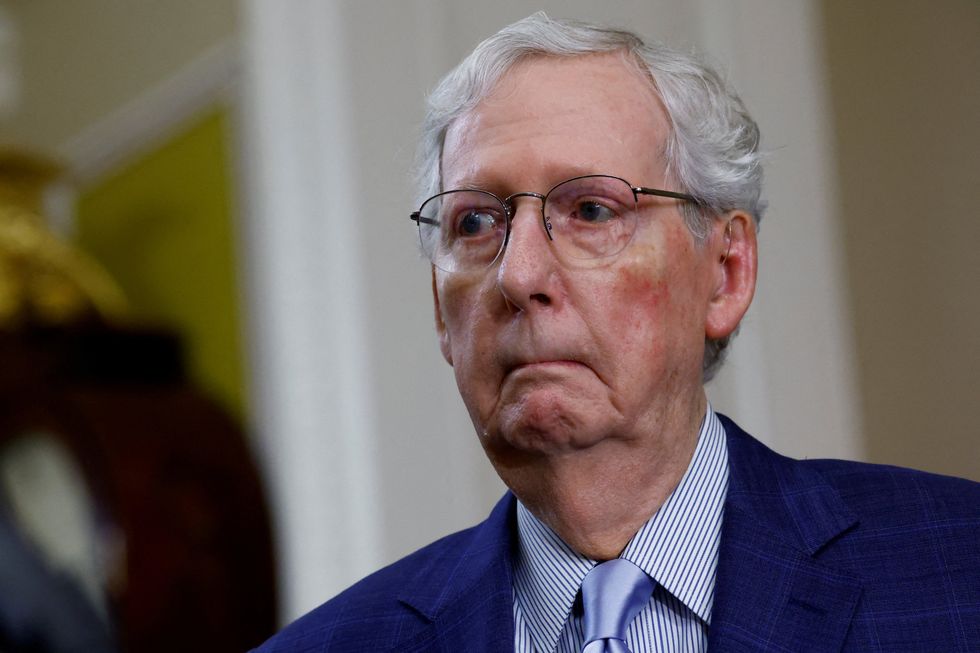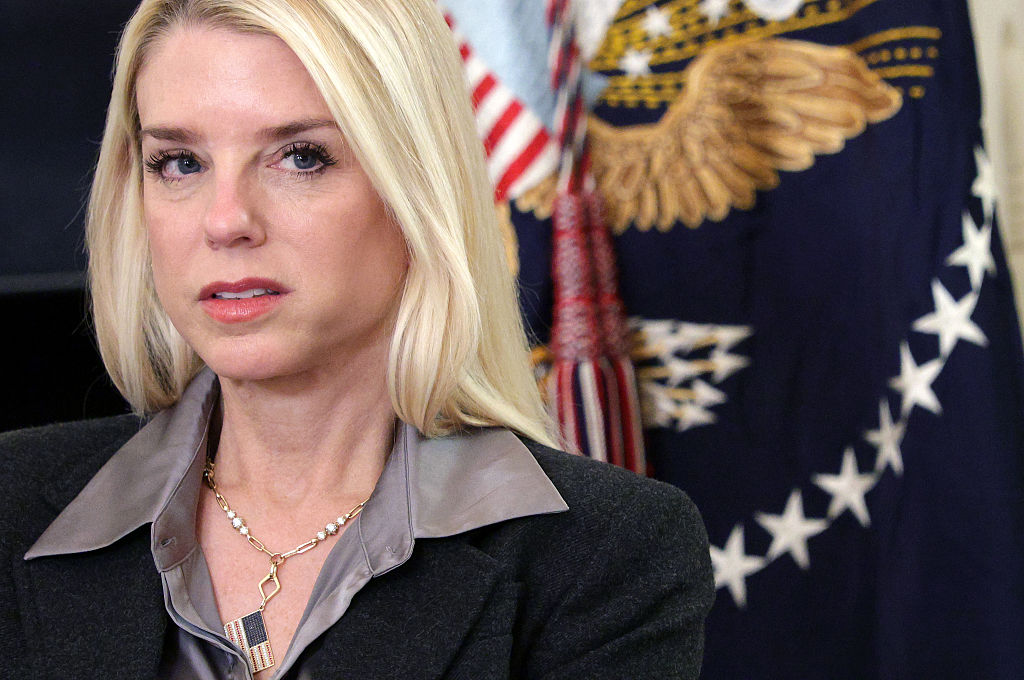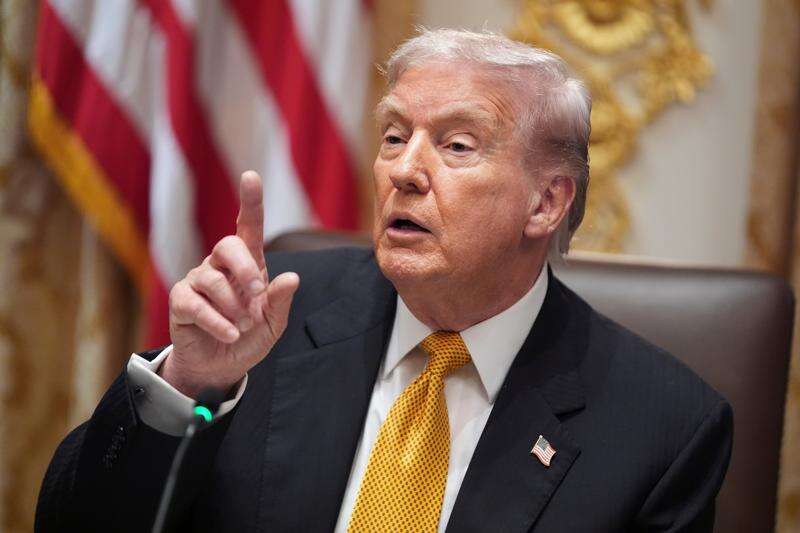Five Republican senators broke ranks with their party on Tuesday evening to support a resolution condemning President Donald Trump’s tariffs imposed on Brazil. The resolution, which passed with a narrow margin of 52-48, highlights a growing bipartisan discontent regarding Trump’s unilateral trade policies, although it is expected to face inaction in the House of Representatives.
The senators who joined the resolution included prominent figures such as Rand Paul and Mitch McConnell from Kentucky, along with Thom Tillis from North Carolina, Susan Collins from Maine, and Lisa Murkowski from Alaska. This decision signifies a significant moment within the Republican caucus, indicating that some members are willing to challenge the President’s authority on trade matters.
Senator Paul expressed his concerns about the use of emergency powers for tariff implementation shortly before the vote. In an interview with Raw Story, he stated, “I will vote to end the emergency. Emergencies are like war, famine, tornadoes. Not liking someone’s tariffs is not an emergency. It’s an abuse of the emergency power, and it’s Congress abdicating their traditional role in taxes.” His remarks reflect a sentiment that resonates with a faction of Republicans who believe Congress should reclaim its authority over trade issues.
The resolution’s passage, while symbolic, underscores the widening divide within the Republican Party regarding Trump’s trade strategies. It comes at a time when the administration has imposed tariffs on numerous countries, citing various emergency conditions. This approach has sparked considerable debate over the interpretation of the International Emergency Economic Powers Act, which allows the President to impose tariffs in response to national emergencies.
As the political landscape evolves, the Supreme Court is scheduled to review the legality of Trump’s tariff actions under this act. A ruling could significantly impact his current trade policies and the future of unilateral tariff implementations. The court’s decision may either reaffirm the President’s authority or set new legal precedents that limit such powers.
In summary, the recent vote by five Republican senators to rebuke Trump’s tariffs on Brazil reflects a crucial moment of dissent within the party. As the Supreme Court prepares to address the legal implications of these tariffs, the future of trade policy in the United States remains uncertain.







